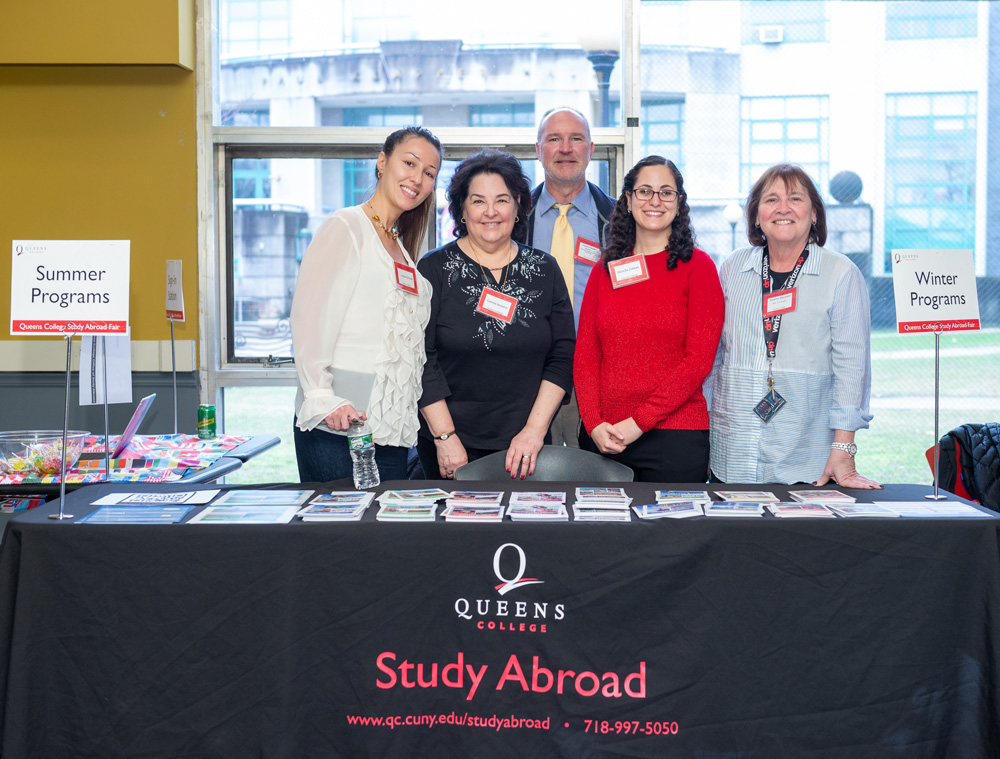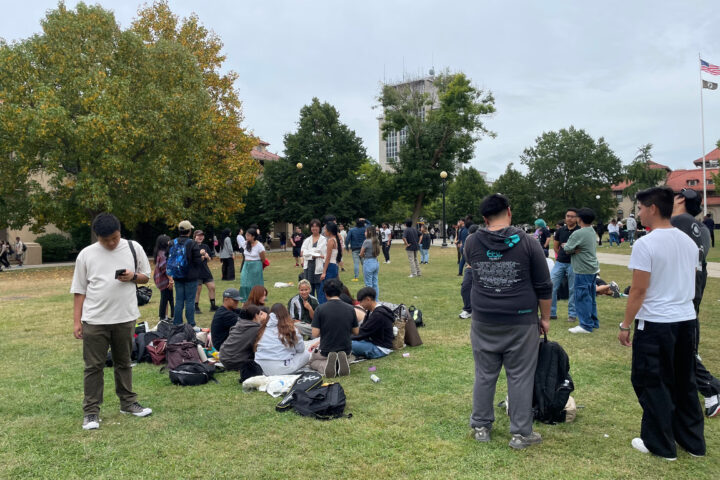Studying abroad may seem like a distant dream for many students who are rightly concerned about affordability and accessibility. However, at Queens College, the possibility of international education becomes tangible through programs like the CUNY-Paris Exchange and the National Student Exchange (NSE).
The CUNY-Paris Exchange offers students the chance to immerse themselves in the vibrant culture of Paris while pursuing their academic goals. With access to 18 prestigious French universities through MICEFA, students’ on-site guide throughout the study abroad process, students can choose from a diverse range of courses, including those taught in English, all while paying their regular QC tuition.
Blanche Zahran, Exchange Programs Advisor for QC’s Study Abroad Office, sheds light on the benefits of going through MICEFA:
“The program gives students access to schools, some of which, outside of this exchange, have competitive and rigorous application processes. One such university is Sciences Po, a prestigious research university that specializes in fields such as Political Science and International Relations, and normally has a 20% acceptance rate, according to the institution’s 2019 Admissions Report.”
For students interested in the CUNY-Paris Exchange, not only does MICEFA assist in university selection; they also provide French language assistance and seamless housing arrangements, ensuring students experience a smooth transition as they step off the plane into their host country.
Those who aren’t interested in traveling far from home could look to the National Student Exchange, which has over 170 universities to choose from in the U.S., Canada, the U.S. Virgin Islands, Puerto Rico and Guam.
Queens College students are the only CUNY students who have access to the NSE.
“Certain universities have specialty programs; for example, if you are interested in studying Marine Biology, you can attend a university in the U.S. Virgin Islands, Hawaii or any of the other locations that offer this major — and see their approach to studying this field,” the QC Study Abroad department said.
If you want to study abroad but not for an extended period of time, there’s something for you, too.
QC has short-term programs that have excursions and cultural outings built in so that students have a well-rounded experience abroad and learn more about their host country and its culture, all while strengthening their relationship with their fellow study abroad students.
These programs typically run through the Summer and Winter, and at this time, none of them require prerequisites.
Beyond academic pursuits, studying abroad fosters personal growth and development in students. As Zahran emphasizes, “When students study abroad for one semester/year, they not only improve their linguistic skills and gain a deeper understanding of other cultures and ways of life, but they also learn more about their own country and about themselves.”
This sentiment is echoed by Paul Fadoul, a lecturer at Queens College, who witnessed first-hand the impact of studying abroad on ones self-perception. “In my case, the CUNY-Paris exchange provided me many career opportunities as I was able to have an international career in business and industry in West Africa,” Fadoul said.
He added, “Our students who study in France or teach English with TAPIF in France have the chance to participate in experiences typically associated with more privileged individuals. From my own experience in the CUNY-Paris Exchange, I can confidently say that the program is highly enjoyable. However, whether one develops a fondness to France or Europe is not the main concern. What truly matters is the realization of the opportunities available to Queens College students. Through studying abroad, we come to see ourselves as privileged as anyone else. We see ourselves differently, not just ‘Americans of modest means’ who study at CUNY.”
To learn more about QC Study Abroad, visit their website here, or their office at King Hall, Room 203.











